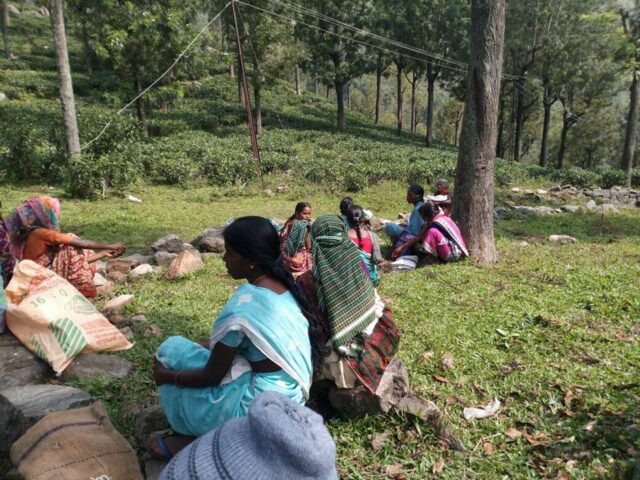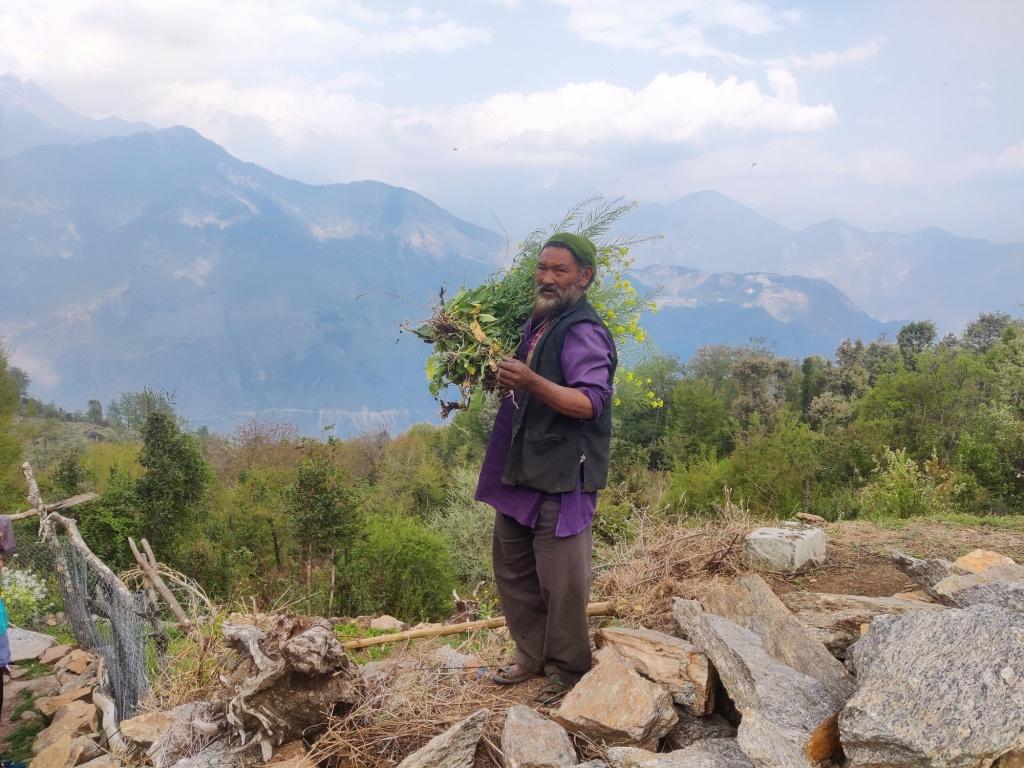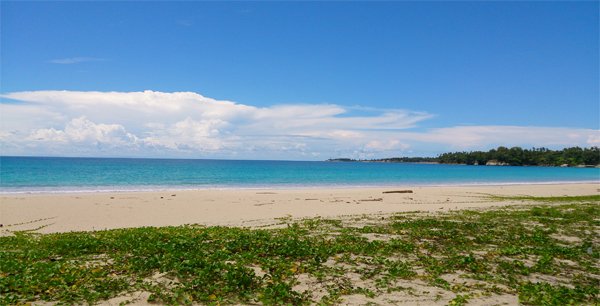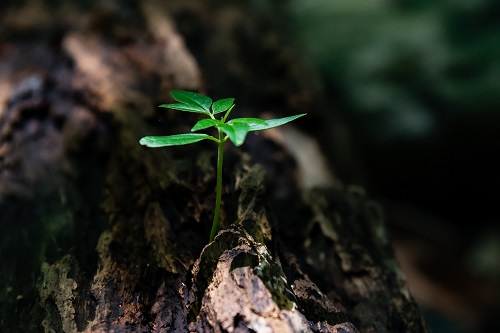Aadhimalai has been working with tribal people of theNilgiri Biosphere Reserve, creating a positive socio-economic and ecological impact in the community. Aadhimalai encourages farmers to practice organic agriculture while supporting them to form groups as part of the Participatory Guarantee System (PGS). The “community efforts” of Aadhimalai was recognized for which they received the Equator Prize for the year 2021. The Equator Prize is a biennial award organized by the Equator Initiative within the United Nations Development Programme (UNDP).
Nilgiris Biosphere Reserve (NBR) is a part of Western Ghats system and well known for its rich and diversified flora and fauna. It is home to over 30 indigenous communities. Among them, seven communities are identified as Particularly Vulnerable Tribal groups (PVTG). These indigenous communities have been living and preserving the biodiversity of forests for centuries.
These communities mainly depend on farming; and the forests for livestock and non-timber forest produce. They use pre-agriculture technologies and maintain a subsistence economy. The cultivated lands are rain fed with high slopes and need regular upkeep. The changes in tenure rights and land usage are impacting forest-based livelihoods of communities.
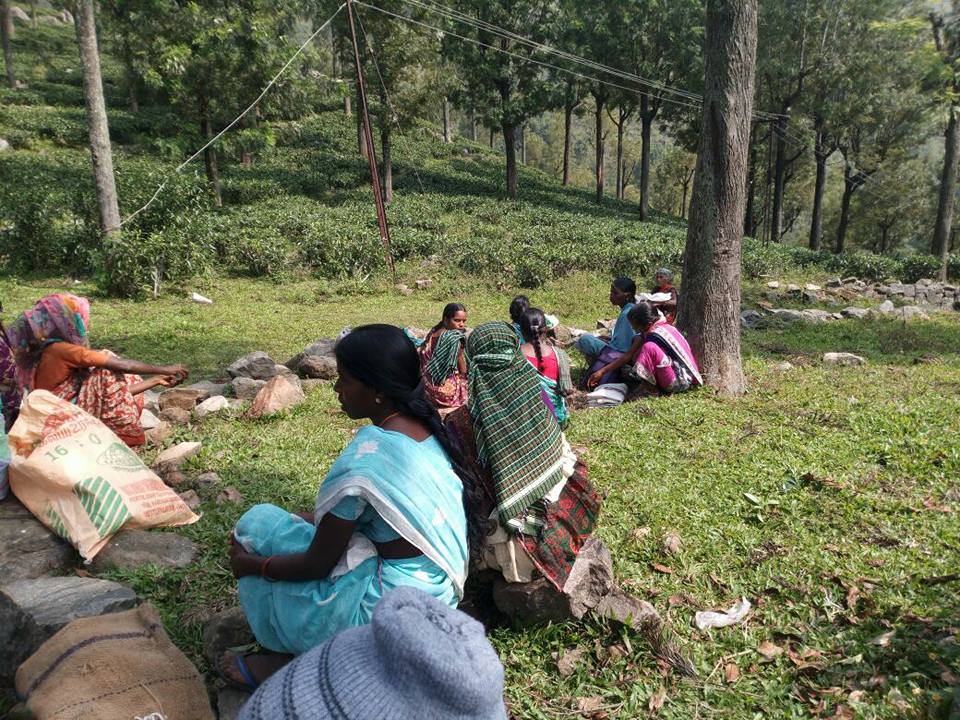
On one hand, most of the indigenous communities are small landholders who have 1-2 acres of land due to which they have no access to credit for farming. On the other hand, remote location and stronghold of middlemen does not ensure a fair return due to poor marketing accessibility of their forest and farm products. This in turn forces them to go for daily wage jobs in the town.
To build better livelihoods for these indigenous communities through sustainable harvesting practices and value addition and thereby generating employment opportunities, a farmer producer company Aadhimalai was started.
Maintaining and developing the ecosystem in the region is vital to ensure that every year the forest can provide income opportunities for the community. In order to ensure sustainable harvesting of forest produce, the Aadhimalai in association with Keystone Foundation provides training to the community members.
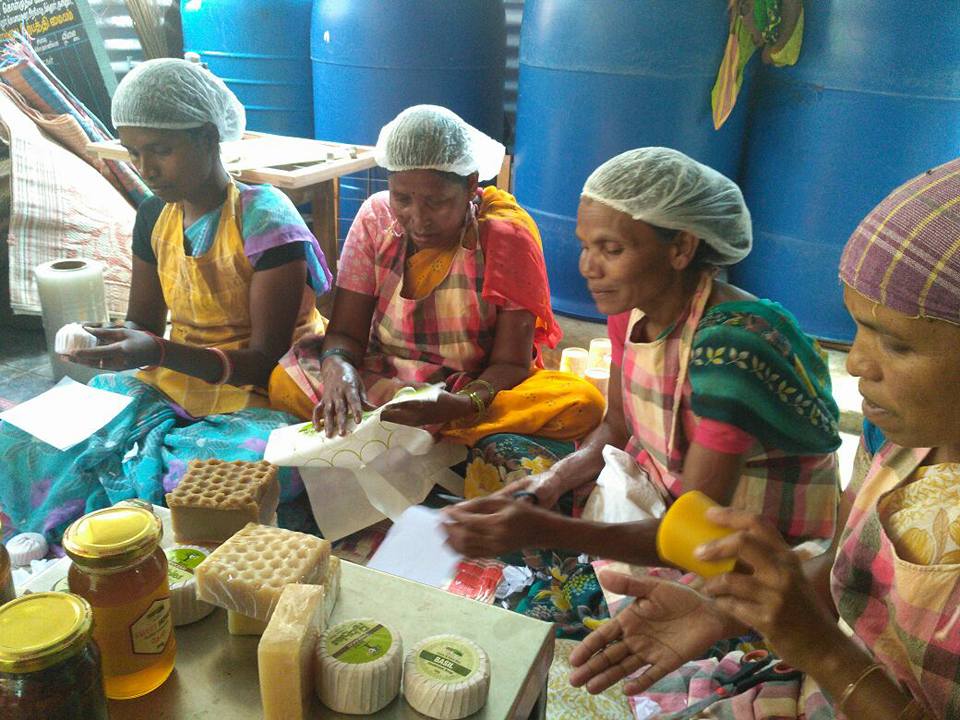
Amidst these achievements and efforts, both the organization and community are facing challenges. The primary challenges of the organization are accessibility and communication reach out to communities. This has created an opportunity for the local traders to negotiate heavily on price, cheat on the weighing scales and entrap the farmers in a debt trap.
The next unprecedented threat they are facing is the changes in the climate patterns. As they primarily depend on the non-timber forest produce collection, climate challenges are badly affecting the produce.
Aadhimalai is able to overcome marketing challenges by increasing the procurement hubs in the villages. As a result Aadhimalai is the only formal institution within the Nilgiris region which collects NTFP and agricultural produce grown by the tribal communities in a sustainable manner.
For every procurement, Aadhimalai assures higher rates for produce when compared with market prices. For example, Aadhimalai is procuring the coffee with 25% higher prices than local traders.
“We procure both forest produces such as honey, beeswax, shikakai, amla, soapnuts, jamun, figs and haritaki as well as agricultural produces such as coffee, kapok silk cotton, millet, pepper, etc and provide a market for non timber forest products which otherwise do not have buyers in the local markets”.
Aadhimalai provides accident insurance coverage to honey gatherers for Rs. 1 Lakh. Honey gathering is a risky task and the community members climb cliffs/ tall trees to collect honey. The insurance coverage provides support to the member and their family.

Adhimalai looks for an opportunity to increase demand for natural organic products in the coming years. The company is shifting its focus to evaluation, analysis and monitoring. This will help the company to improvise the processes and thereby it will continue to be an economically viable facility that will be governed and managed completely by the indigenous communities.
Aadhimalai is catalyzing collective actions for climate justice while empowering local communities.
So, what is your action for Green Recovery?
Share your green story!
Photo credit: Aadhimalai producer company


